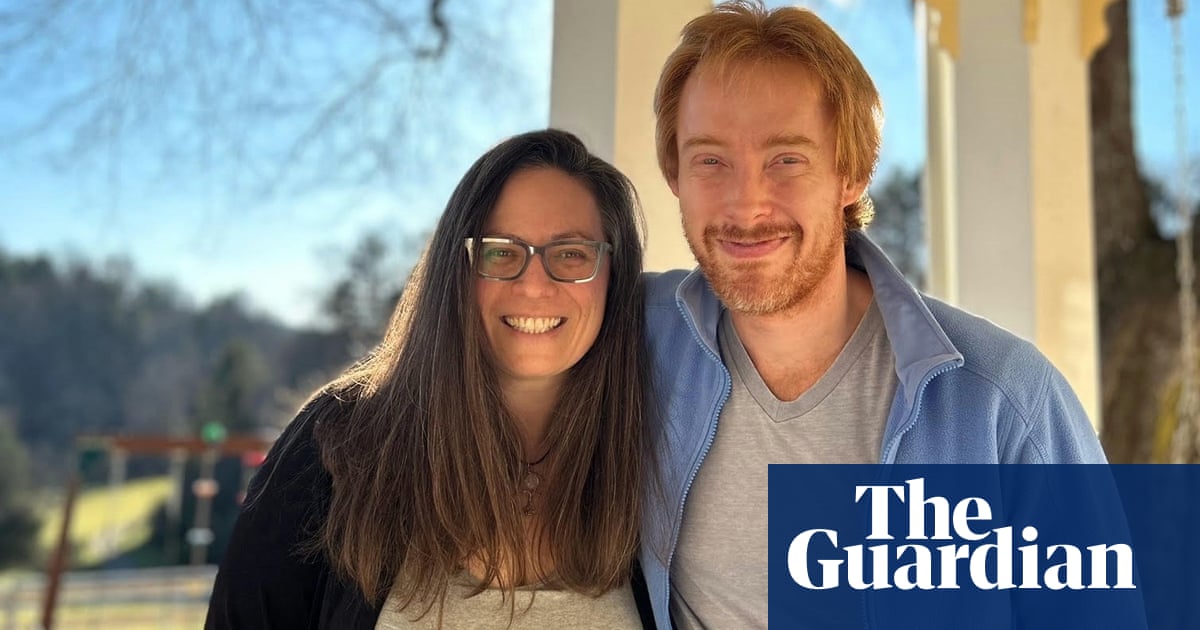A book debunking Elon Musk’s claims that humans could live on Mars in the near future has won the £25,000 Royal Society Trivedi science book prize.
A City on Mars by American couple Kelly and Zach Weinersmith was announced as the winning book at a ceremony at the Royal Society in London on Thursday evening.
The book is an “amusingly literal and impeccably scientific war-gaming of what would actually happen” if humans colonised the red planet, wrote Stuart Jeffries in his Guardian review. It assesses the feasibility of space settlement by untangling the scientific, political, legal and ethical questions the idea raises.
A City on Mars “blew me away with its incredibly ambitious cross-disciplinary perspective,” said John Hutchinson, professor of evolutionary biomechanics at the Royal Veterinary College and chair of this year’s judging panel.
“We finish the book understanding that, while humanity having a city on Mars might yet be centuries away, many good reasons remain to pursue the lofty goal of settling space. Many of those reasons begin with doing more science and developing more technology here on Earth – and in the meantime, trying our best to preserve our precious planet.”
Last month, Musk claimed that humans could land on Mars within four years and live there in a self-sustaining city in 20. “Being multiplanetary will vastly increase the probable lifespan of consciousness, as we will no longer have all our eggs, literally and metabolically, on one planet,” he wrote in a post on X, the social media platform he owns.
A City on Mars, which also features illustrations, is the Weinersmiths’ second book – they first co-wrote Soonish: Ten Emerging Technologies That’ll Improve And/Or Ruin Everything, published in 2017. Kelly is a part-time lecturer in the biosciences department at Rice University, while Zach is the creator of the webcomic Saturday Morning Breakfast Cereal.
The pair are the second married couple to win the prize, following Alan Walker and Pat Shipman in 1997 for their book, The Wisdom of the Bones.
The other books shortlisted for this year’s award were Eve by Cat Bohannon; Everything Is Predictable by Tom Chivers; Your Face Belongs to Us by Kashmir Hill; The Last of Its Kind by Gísli Pálsson; and Why We Die by Venki Ramakrishnan. The five authors will receive £2,500 each.
after newsletter promotion
Alongside Hutchinson on the judging panel was Booker-winning author Eleanor Catton; New Scientist comment and culture editor Alison Flood; teacher, broadcaster and author Bobby Seagull; and Royal Society university research fellow and lecturer in functional materials at Imperial College London, Jess Wade.
The prize was first awarded in 1988. Past winners include Jared Diamond, Stephen Hawking, Bill Bryson, Caroline Criado Perez and Merlin Sheldrake. Last year, Ed Yong took home the prize for An Immense World: How Animal Senses Reveal the Hidden Realms Around Us.

